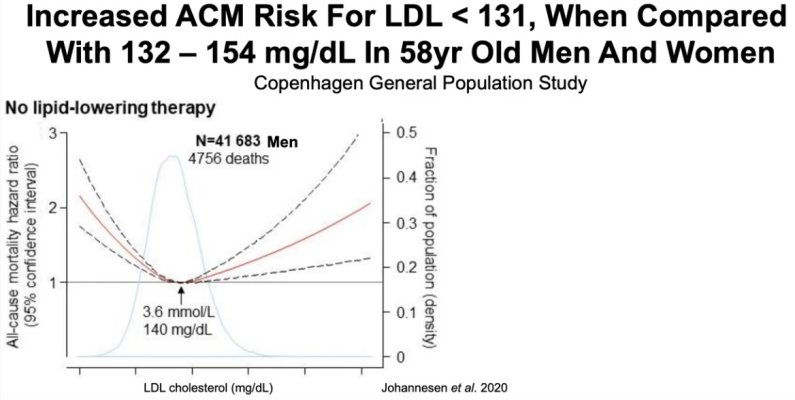ImThinkin2019
Recycles dryer sheets
ImThinkin - The heart score is a hit or miss. I supervised a large scale clinical trial using EBCT in younger men (under age 65) and it proved worthless. It is good for older men (above age 70) and has value. It is useful as it establishes calcium deposits in plaque which are what causes platelets to aggregate and start the inflammatory/coagulation cascade resulting in an ischemic event. Earlier attempts were made to measure plaque in carotid arteries and again proved worthless. I myself fell victim to this problem while in the military back in 1999. They determined I had major plaque deposits and started me on 100 mg/day lipitor (10 times the normal dose). The result was I had cataracts in 3 months due to the high dose lipitor. Later, the use of ultrasound for plaque measurement was debunked and found to not only be worthless but led to inappropriate treatments (like myself). I haven't had a statin since and had the cataracts removed in both eyes.
I wouldn't worry about any lipid levels at all. I believe (and many others as well) that our lipid levels go up as we age and it is perfectly normal. HDL was not found to actually be protective following a study where they engineered a particular type of HDL found in a genetically related group of people in Italy with zero heart disease but high lipid levels. It was hypothesized that they had n altered HDL molecule which protected them. Injecting this into others (in animal models) actually did nothing at all. The basic problem is we must have cholesterol and it must be readily available. All out hormones are made from it. Altering the lipid metabolism in the liver (which is what statins do) alters a lot of different things. Some are bad such as significantly higher risk of gallstones. In my case lipid deposits in the eyes causing cataracts. Personally, I don't believe in medication as a solution when diet and exercise perform better. Overall deaths due to ischemic events hasn't significantly altered despite massive use of statins which ought to be a major clue. It has gone down a bit but usually people going onto statins also modify their diets, at least for a short time so separating out the cause/effect is difficult without doing a long term (not 3 months) double blinded major study.
Hi Old Microbiologist, thank you so much for this. Interesting to hear what the findings were.
In my doctor's mind - faith maybe or what was learned in school - "HDL is protective and LDL is bad". Not sure if it's possible to get him to think otherwise. I think he's about 45 years old. And I worry that no matter what info I point him to, he may discount anything coming from me because I'm not a doctor. Just an overweight civilian........
Any suggestions for things I can tell him (that he will take seriously) if and when he tells me I need to get on statins?

